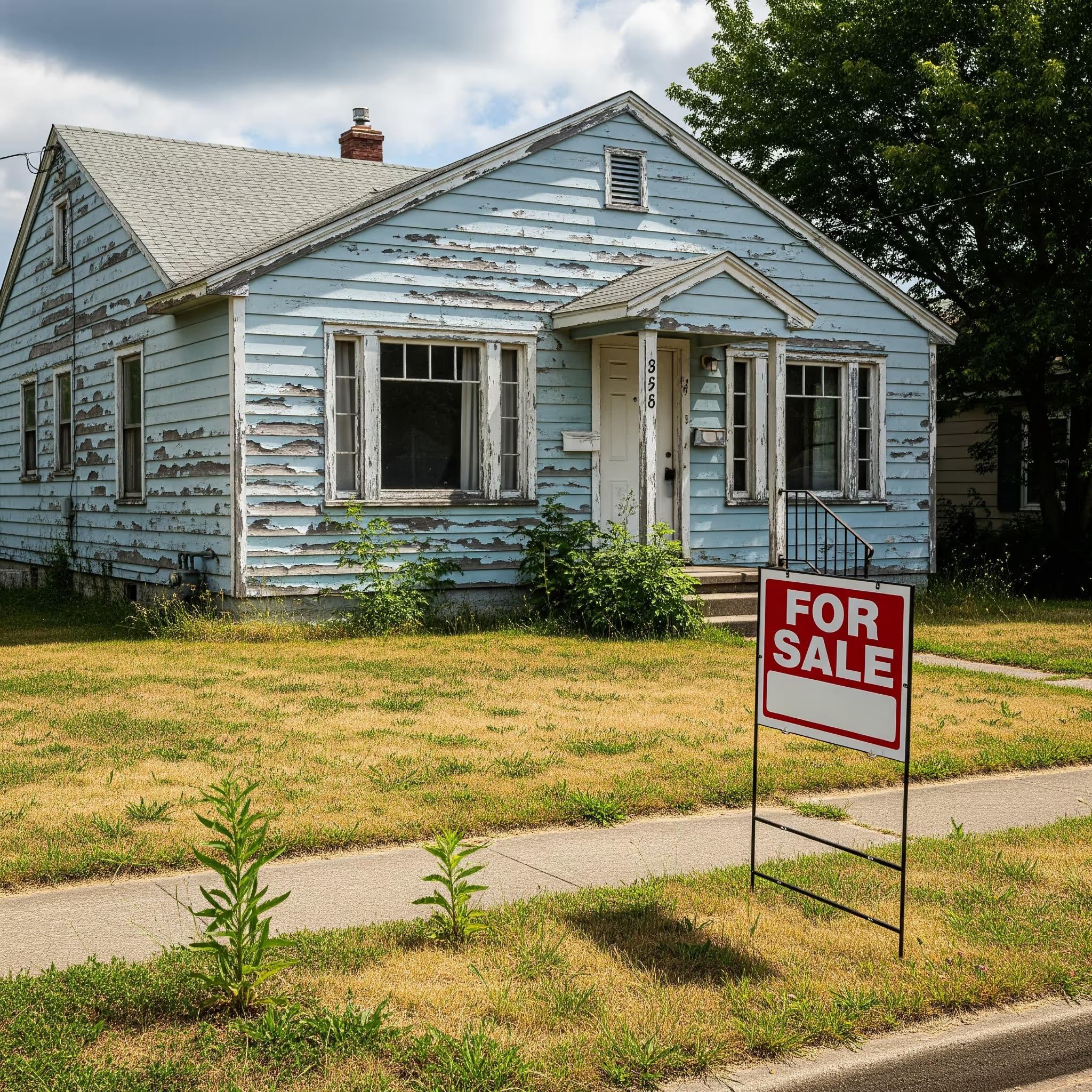Investing in housing in Spain in 2025 involves a high tax burden (around 30%), which affects all phases: purchase (VAT, ITP, AJD), tenure (IBI, Equity, taxes), rent (personal income tax with reductions from 50% to 90%) and sale (municipal capital gain and personal income tax). This pressure significantly reduces real versus estimated returns and discourages affordable housing projects, leaving more room only for premium investments.
La Taxation is one of the most determining factors when it comes to Invest in housing. In Spain, taxes associated with the purchase, ownership, rental and sale of real estate can radically change the final return. In this article, we review in detail what are the main taxes in 2025 and how they affect investors.
The information presented in this article is of a nature Merely informational and does not constitute legal, tax or investment advice. We are not advisors or managers. The regulations may vary depending on the autonomous community and the particular situation of each investor. It is recommended to consult the local tax authorities and to have specialized tax advice to optimize investment and ensure compliance with all tax obligations.
Taxes on real estate investment
Investing in housing isn't limited to the purchase price. From the outset, investors are faced with a series of taxes that impact both initial disbursement and future returns. These taxes change depending on the type of operation and the autonomous community, so it is important to know them thoroughly.
When buying housing
The purchase of a property in Spain is subject to different taxes depending on whether it is a new or second-hand home. The tax cost can amount to between 6% and 11% of the purchase value, in addition to other associated expenses such as notary or registration.
- New housing: The buyer pays a 10% VAT About the price, in addition to the Documented Legal Acts Tax (AJD), which oscillates between 0.5% and 1.5% depending on the autonomous community.
- Used housing: The operation is taxed with the Property Transfer Tax (ITP), whose type varies between 6% and 11%. Some communities offer bonuses for the purchase of regular housing or for young buyers.
During Tenure
Once the property has been purchased, the owner must face recurring municipal or regional taxes. These taxes directly affect the cost of maintaining the property over time.
- IBI (Property Tax): of an annual nature, its amount depends on the cadastral value and the city council.
- Wealth Tax: applicable to residents and certain non-residents who exceed certain net worth thresholds.
- Other municipal taxes: garbage collection rates or specific surcharges for empty housing, which vary by location.
In the rent
Leasing a property also has significant tax implications. The income generated is taxed on the owner's personal income tax, although there are reductions and deductions that reduce the burden.
- PERSONAL INCOME TAX: In 2025 the overall reduction is 50%, with increases up to 60%, 70% or 90% in certain cases:
- 90% if rented in tense areas with a minimum discount of 5% compared to the previous contract.
- 70% if the tenant is a young person between 18 and 35 years old.
- 60% In houses rehabilitated or ceded to the Administration.
- Regional Deductions: applicable in reforms that improve energy efficiency, with percentages of between 20% and 60%.
When Selling
The sale of a home generates new taxes that directly affect the final profit obtained by the investor. These taxes vary depending on the municipality and whether the seller is a resident or not.
- Municipal capital gain: local tax that taxes the increase in the value of land from purchase to sale. The type can be placed between the 15% and 30%. If there is no profit, the exemption can be requested.
- Capital gain in personal income tax: taxes on the savings base, with rates ranging from 19% to 28%.
- Non-residents: The buyer must retain a 3% of the price as an interim payment on the seller's potential capital gain.
Recent Changes and Legislative Proposals
In 2025, reforms have been introduced that directly affect real estate investors. Some measures are already in place and others are still under parliamentary debate.
- End of the Golden Visa: Since April 2025 it is no longer possible to obtain residence in Spain through the purchase of housing.
- Extraordinary tax proposal for non-EU foreigners: although it has not yet been approved, it would double the purchase cost for these buyers. Its viability is reduced by legal and parliamentary difficulties.
General tax pressure on real estate investment
Spain is among the European countries with the highest tax burden in the real estate sector. In 2025, the total load reaches 30.3%, including purchase, tenancy, rent and sale taxes. Regional variability and regulatory instability increase complexity for investors.
How taxes affect profitability
Taxes have a direct impact on the return of real estate investment in Spain. In 2025, the tax burden reaches levels that significantly reduce real benefits compared to initial estimates.
Taxation not only determines the tax burden of each transaction, it also directly affects the final return on your real estate investment. The impact of taxes in Spain is especially relevant, since it significantly reduces net profits.
Summary of the fiscal impact
- Total load: The real estate tax burden is around 30.3%, one of the highest in Europe. Only in the initial purchase (ITP, VAT, AJD, notary, municipal capital gain) can costs exceed between 10% and 15% of the price of the property.
- During tenure: The owner must assume the IBI every year, the possible Wealth Tax and additional municipal fees (garbage, surcharge for empty housing).
- In the rental: Income is taxed on the PERSONAL INCOME TAX With Reductions of Between 50% and 90% depending on the tenant's profile or improvements made. Even so, after local taxes and legal limitations on income, the final return is reduced.
- On sale: The investor pays the Municipal Capital Gain And the equity gain in the PERSONAL INCOME TAX (between 19% and 28%), which decreases the accumulated profit after years of investment.
Direct Consequences
- The sum of initial, annual and final taxes can cut real returns to much lower levels than the “gross” return announced before taxes.
- Investments in affordable housing are the hardest hit, as fiscal pressure absorbs much of the benefit. This causes many investors to lean towards premium or luxury projects, reducing the supply of affordable housing.
- High taxation slows down projects of Build to Rent in tense cities, where margins are already tight.
- Additional factors such as inflation, land scarcity or legal insecurity further increase costs and reduce net profitability.
- Fiscal differences between communities and the existence of up to 17 different regulatory frameworks add uncertainty, making Spain less attractive compared to other, more stable European countries.
In short: Can taxes in Spain reduce the ROI and IRR of a real estate investment to levels lower than those of neighboring countries. This limits their attractiveness, especially in affordable housing or long-term rental projects. For this same reason, investing directly with platforms such as Reental are a very good alternative with a lower tax burden.
Keep learning about real estate investment with the following articles:
- The best cities in Spain to invest in housing (updated 2025)
- Risks in real estate investment: rent, squats and delinquencies, how to minimize risks
- How to invest in real estate in Spain with little money
- What is a good real estate investment?
- What is the ROI, IRR or IRR in real estate
- How is the net return on a rental calculated
















